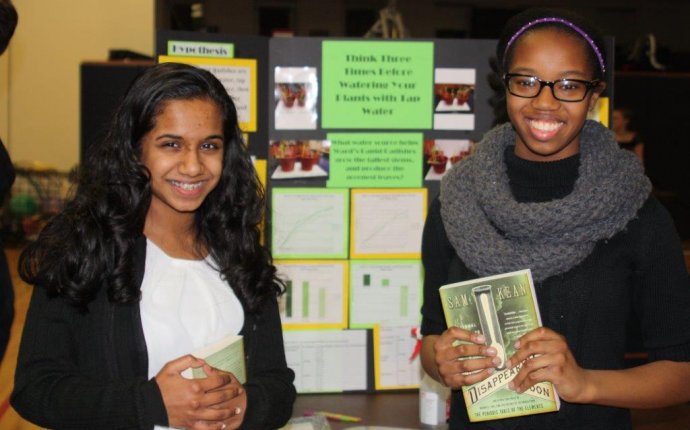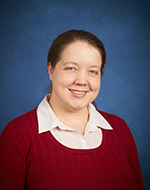
Middle school Astronomy
Julia Plummer, two others receive $1.387 million for ‘ThinkSpace’ project.
College of Education associate professor Julia Plummer and two other educators have received a three-year, National Science Foundation grant worth $1.387 million to develop and study three middle school labs that will support students’ spatial thinking in astronomy.
Also known as ThinkSpace, the Discovery Research K-12 grant is “Thinking Spatially about the Universe – A Physical and Virtual Laboratory for Middle School Science.’’
 Julia Plummer
Julia Plummer
Plummer said astronomy educators at the Harvard-Smithsonian Center for Astrophysics will be developing computer visualizations using real astronomical data that will allow students to investigate important astronomical phenomena, as well as designing lessons that support their ability to make sense of these phenomena through physical models and interaction with peers.
The principal investigator is Alyssa Goodman, an astronomer at Harvard; Plummer is the co-PI; Phil Sadler, a science education researcher at the Smithsonian Institution Astrophysical Observatory, is a second PI, according to Plummer.
Plummer’s role in the project is to develop and implement methods to analyze how students engage in spatial reasoning while engaged in the astronomy labs.
“We are trying to understand the extent to which our labs can support students’ spatial thinking and thus we need methods to understand both the change in their spatial reasoning over time but also how they are reasoning in the moment - during the actual activities they are participating in that we have designed, ’’ Plummer said.
‘’This is a wonderful opportunity to continue my research on spatial thinking in astronomy. I have conducted a series of studies considering how children make sense of their observations of astronomical phenomena and construct the spatially complex explanations for those phenomena, ’’ she said.
Plummer recently completed a study with Penn State psychology doctoral candidate Cori Bower and psychology professor Lynn Liben, who is also an advisor on the ThinkSpace project.
“We tested some possible correlation between spatial skills and how children explain astronomical phenomena, ’’ Plummer said. “This new grant will allow me to continue that line of research.’’
Plummer also will work with an incoming doctoral student, Abha Vaiashampayan, who is currently at the Bhabha Centre for Science Education in Mumbai, India. She has been awarded a Dean’s graduate assistantship in the College of Education.
ThinkSpace labs will help students explore 3-dimensional astronomical phenomena (moon phases and eclipses; planetary systems around stars other than the sun; and celestial motions within the broader universe) in ways that will support both understanding of these topics and a more general spatial ability.











